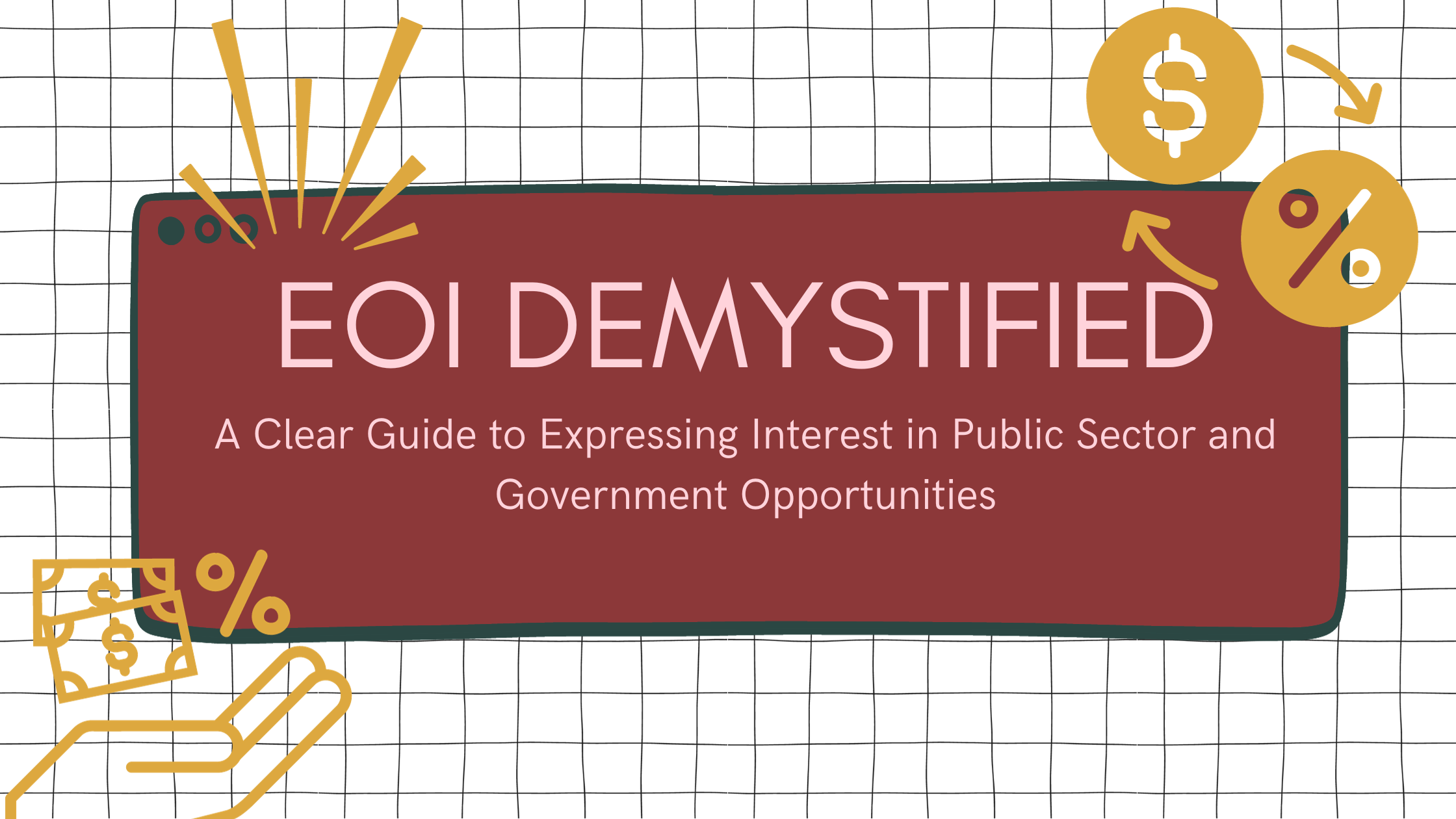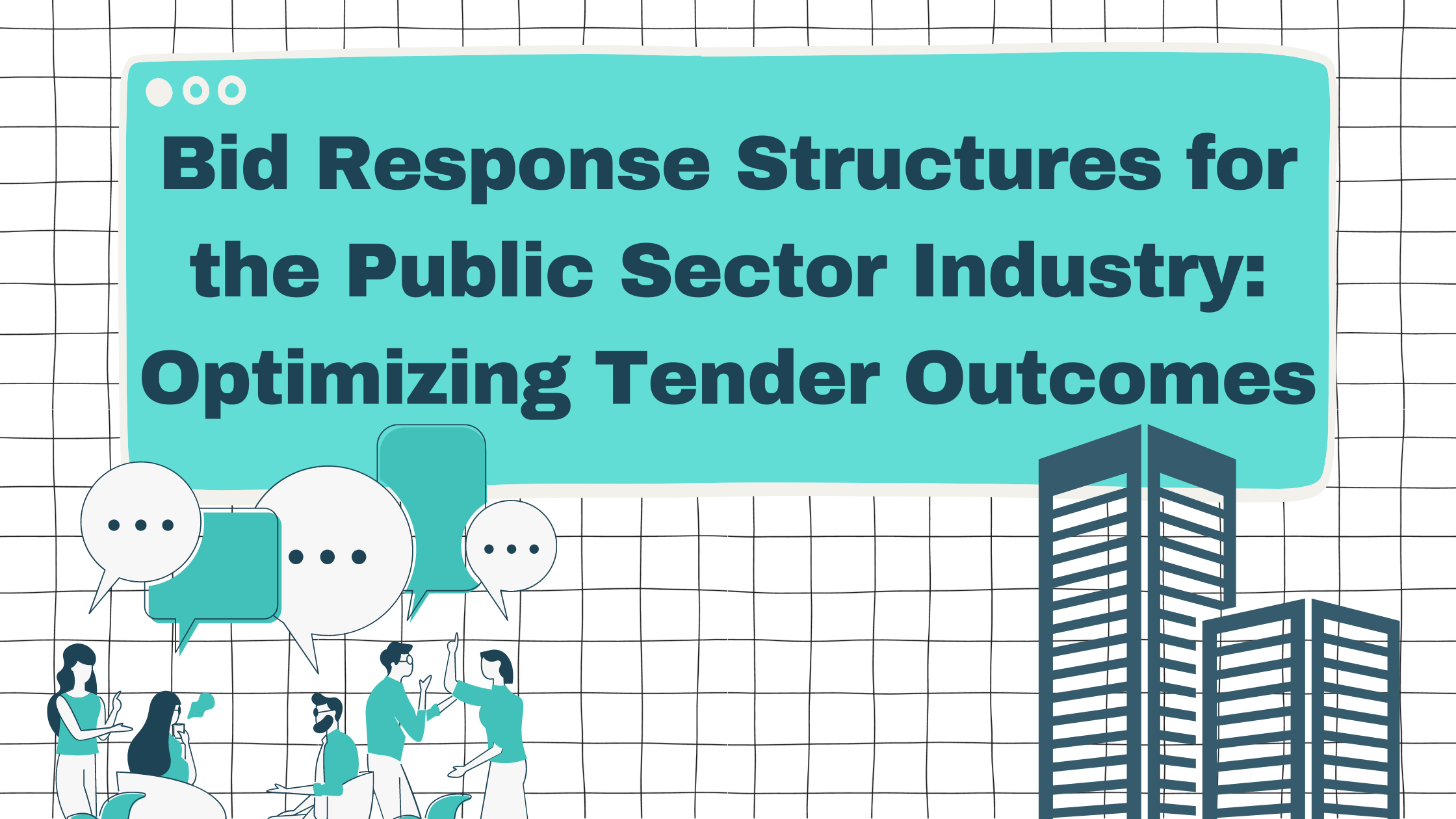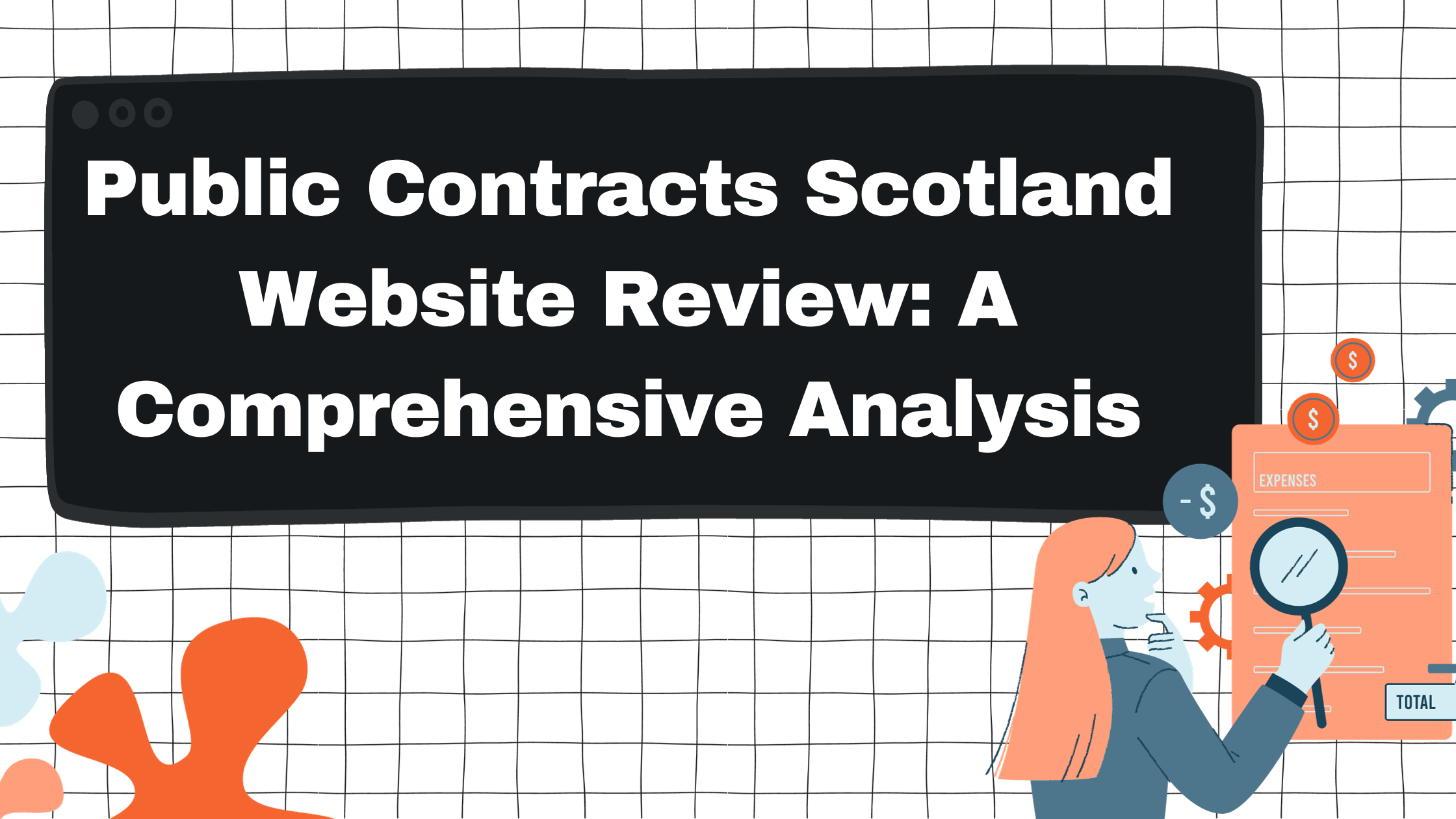Exploring Proposal Writing Services and RFP Writing: Understanding the Distinctions

Need Help with Your Bid?
Get in touch by filling out the form and one of our advisors will be in contact.
Contact UsAs a professional in the business world, you may have heard the terms "bid writing" and "proposal writing" thrown around in conversations regarding securing new clients or projects. While these terms may seem interchangeable, there are key differences between the two that can impact the success of your business. In this article, I will explore the nuances of bid writing and proposal writing, and highlight the key differences between the two.
Bid writing and proposal writing are both essential skills for any business looking to secure new projects or clients. Bid writing involves responding to formal tenders or contract opportunities by creating persuasive written content and proposals. Proposal writing, on the other hand, is a written document prepared to convince a reader to commit to an agreement, make a purchase, or choose a certain pitch or plan of action. While both require persuasive writing skills, the content and approach of each can vary greatly.
Understanding the key differences between bid writing and proposal writing is crucial to ensure that you are targeting the right audience and presenting your business in the best possible light. By the end of this article, you will have a clear understanding of the distinctions between bid writing and proposal writing, and be able to confidently apply this knowledge to your own business practices.
Key Takeaways
- Bid writing involves responding to formal tenders or contract opportunities, while proposal writing is a written document prepared to convince a reader to commit to an agreement, make a purchase, or choose a certain pitch or plan of action.
- Bid writing requires a focus on detail and compliance with the tender specification, while proposal writing requires a focus on the needs and desires of the client.
- Understanding the distinctions between bid writing and proposal writing is crucial to ensure that you are targeting the right audience and presenting your business in the best possible light.
Understanding Bid Writing
Bid writing is a process of creating a written submission in response to a Request for Proposal (RFP). The purpose of bid writing is to persuade a client to award a contract to your company. To write a successful bid, you need to have a clear understanding of the client's requirements, the competition, and your own company's strengths.
The bid writing process involves several steps, including research, planning, and clear communication. It requires experience and expertise in the bidding process, as well as knowledge of the industry and the client's needs.
To begin the bid writing process, you need to research the client and the project thoroughly. This includes reviewing the RFP and any other relevant documents, as well as researching the client's website and social media presence. You should also review any available data on the client's past projects and contracts.
Once you have a clear understanding of the client's needs, you can begin to plan your bid. This includes developing a timeline for the bid writing process, identifying the team members who will be involved, and determining the pricing and benefits of your proposed solution. You should also review the specification carefully to ensure that your bid covers all of the requirements.
When writing the bid, it is important to structure it in a clear and concise way. This includes using language that is appropriate for the audience and ensuring that the grammar and spelling are correct. You should also ensure that the bid is formatted in a specific format as required by the RFP.
Finally, it is important to review the bid carefully before submitting it. This includes checking for errors and ensuring that all of the requirements have been covered. You should also consider adding value to the bid by including case studies, testimonials, and other evidence of your credentials and expertise.
Overall, bid writing is a complex process that requires careful planning, clear communication, and persuasive writing. By following these steps and engaging with the client throughout the bid lifecycle, you can increase your chances of winning the contract.
Understanding Proposal Writing
As a bid writer, I understand that proposal writing is a crucial part of the bidding process. Proposals are written documents that aim to persuade the client to choose your company's solution or service. It is a clear and concise document that outlines your plan of action, pricing, and timeline for the project.
Before starting to write a proposal, it is essential to do thorough research on the client, their needs, and the competition. This research will help you tailor your proposal to the client's specific requirements, making it more compelling.
A well-structured proposal should have a clear cover letter, an executive summary, a description of your solution, a timeline, pricing, benefits, and evidence of your expertise and credentials. It should also be written in clear language, free of grammar errors, and follow a specific format.
When writing a proposal, it is crucial to keep in mind the client's objectives and the problem they are trying to solve. This information will help you add value to your proposal and show the client that you understand their needs.
It is also important to note the deadline for submitting the proposal and ensure that you have enough time to review and edit it before submission. A late proposal can disqualify you from the bidding process, no matter how compelling your proposal is.
In conclusion, proposal writing is an essential part of the bidding process, and it requires skills in research, planning, and concise and persuasive writing. As a bid writer, I understand the importance of writing a compelling proposal that addresses the client's needs and adds value to their project.
Key Differences Between Bid Writing and Proposal Writing
As a bid writer, I have come across many clients who use the terms "bid" and "proposal" interchangeably. However, there are significant differences between the two that can impact the outcome of a submission. In this section, I will discuss the key differences between bid writing and proposal writing.
Definition
A bid is a written submission in response to a request for proposal (RFP), request for quote (RFQ), or invitation to tender (ITT). The purpose of a bid is to win a contract by offering a solution that meets the client's needs and requirements.
On the other hand, a proposal is a document that outlines a solution to a problem or an opportunity. The purpose of a proposal is to persuade the client to take a particular course of action, such as buying a product or service.
Structure
Bids and proposals have different structures. Bids are typically structured in a specific format that follows the client's requirements. The structure of a bid may include cover letter, executive summary, introduction, methodology, timeline, pricing, and terms and conditions.
Proposals, on the other hand, have a more flexible structure. The structure of a proposal may include an introduction, problem statement, objectives, methodology, timeline, pricing, and benefits.
Language and Tone
Bids and proposals also differ in their language and tone. Bids are typically written in a formal, technical language that is specific to the industry. The tone of a bid is objective and clear, with a focus on demonstrating expertise and knowledge.
Proposals, on the other hand, are written in a more persuasive language that is focused on the benefits of the proposed solution. The tone of a proposal is more subjective and engaging, with a focus on building a relationship with the client.
Timeline
Bids and proposals also differ in their timeline. Bids are typically submitted in response to a specific deadline set by the client. The bid writing process is often shorter and more focused on meeting the deadline.
Proposals, on the other hand, can be submitted at any time and are often used as a tool for building relationships with clients. The proposal writing process is often longer and more focused on research and planning.
Conclusion
In conclusion, bid writing and proposal writing are two distinct processes that require different skills and approaches. Understanding the differences between the two can help you to develop a more effective strategy for winning contracts and building relationships with clients.
Conclusion
In conclusion, bid writing and proposal writing are two distinct processes that require different approaches and skill sets. While both are used to secure business opportunities, bid writing is focused on responding to formal tenders or contract opportunities, while proposal writing is more focused on persuading a reader to commit to an agreement, make a purchase or choose a certain pitch or plan of action.
Bid writing involves the creation of persuasive written content and proposals for responding to formal tender opportunities. The key to successful bid writing is attention to detail and a clear understanding of the requirements of the tender. Bid writers must be able to showcase their company's strengths and capabilities, making it stand out from the competition.
On the other hand, proposal writing is more focused on persuading a reader to commit to an agreement, make a purchase or choose a certain pitch or plan of action. Proposal writers must be able to create a compelling argument that highlights the benefits of their product or service and addresses the needs of the reader.
To be successful in either bid writing or proposal writing, it is essential to have a clear understanding of the requirements of the project, as well as the needs of the reader. Both processes require careful planning, attention to detail, and the ability to communicate effectively in writing.
Ultimately, the success of bid writing and proposal writing depends on the ability to create persuasive, well-researched, and structured documents that showcase the company's strengths and capabilities. By following best practices and staying up-to-date with industry trends, bid writers and proposal writers can increase their chances of success and secure new business opportunities.
Frequently Asked Questions
What is bid proposal writing?
Bid proposal writing is the process of creating a document that outlines your company's qualifications, experience, and proposed solution to a specific request for proposal (RFP). The goal of bid proposal writing is to convince the client that your company is the best fit for the project.
What is the difference between bid and proposal?
Bid and proposal are often used interchangeably, but there is a subtle difference between the two. A bid is a response to a request for pricing or a request for quotation (RFQ) while a proposal is a response to a request for proposal (RFP). A bid typically focuses on pricing and delivery while a proposal focuses on the solution to a problem.
What is the difference between proposal management and bid management?
Proposal management and bid management are two distinct roles. Proposal management involves overseeing the entire proposal process, from identifying opportunities to submitting the final proposal. Bid management, on the other hand, is focused on managing the bidding process, including coordinating with the sales team, identifying opportunities, and submitting bids.
What is the role of a Bid Manager?
The role of a Bid Manager is to manage the bidding process for a company. This includes coordinating with the sales team, identifying opportunities, and submitting bids. The Bid Manager is responsible for ensuring that the company's bids are competitive, compliant with the RFP, and meet the client's needs.
What is the role of a Proposal Writer?
The role of a Proposal Writer is to write the proposal in response to an RFP. The Proposal Writer is responsible for ensuring that the proposal is well-written, persuasive, and meets the client's needs. The Proposal Writer works closely with the Bid Manager and the subject matter experts to develop the proposal.
What is the difference between a Proposal Writer and a Technical Writer?
A Proposal Writer is responsible for writing proposals in response to RFPs while a Technical Writer is responsible for creating technical documentation, such as user manuals, installation guides, and technical specifications. While both roles involve writing, the focus and purpose of the writing are different.
Ready to start your search?
Get in touch by filling out the form to the right and one of our advisors will curate a personalised selection for you.
Get in touchBlogs. Guides. Helpful advice.

Mastering Proposal and RFP Writing for Government and Public Sector Opportunities

Proposal and RFP Writing Services: Enhancing Public Sector Tender Outcomes

.svg)